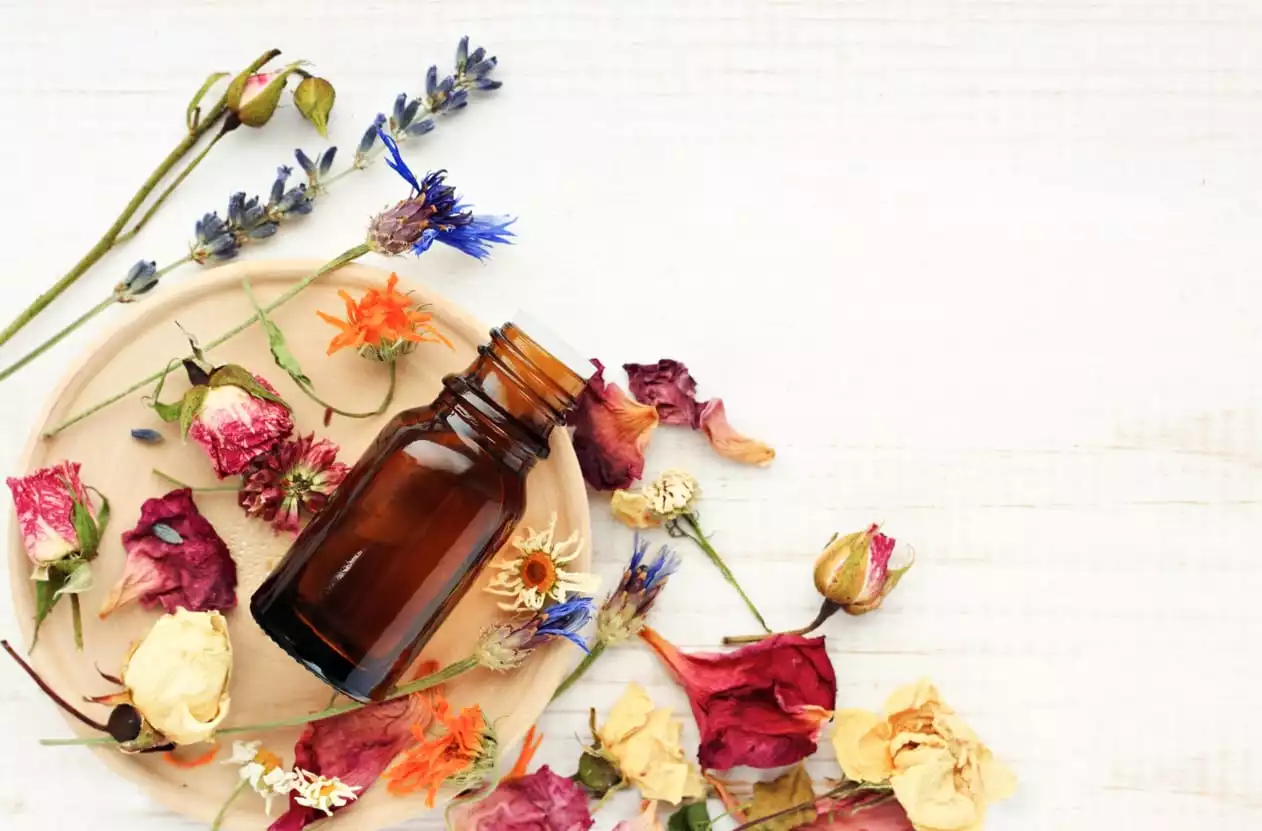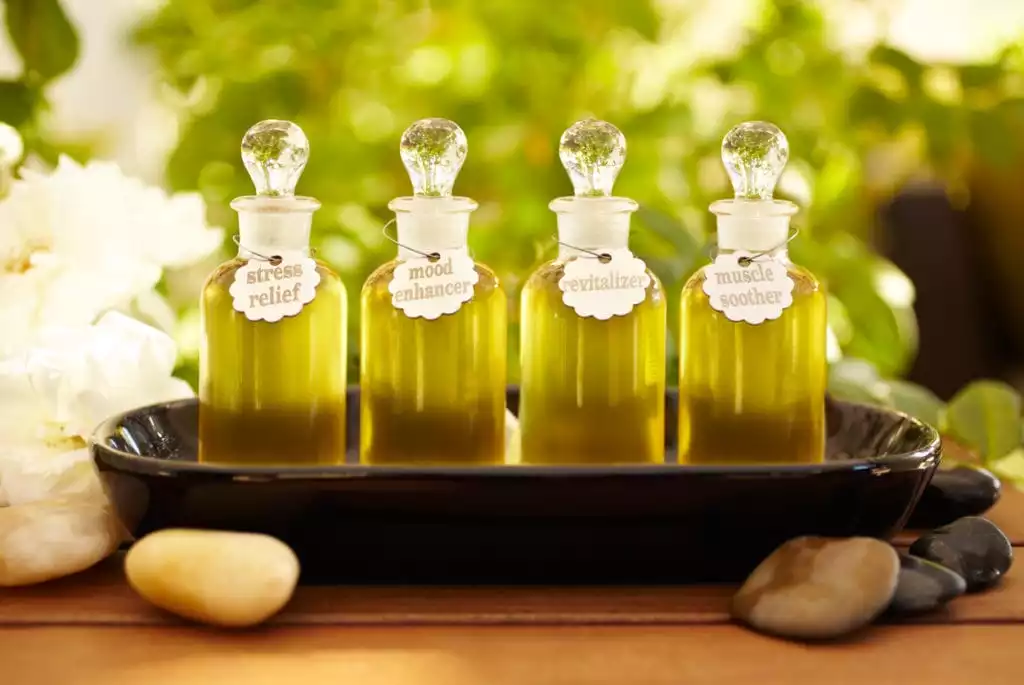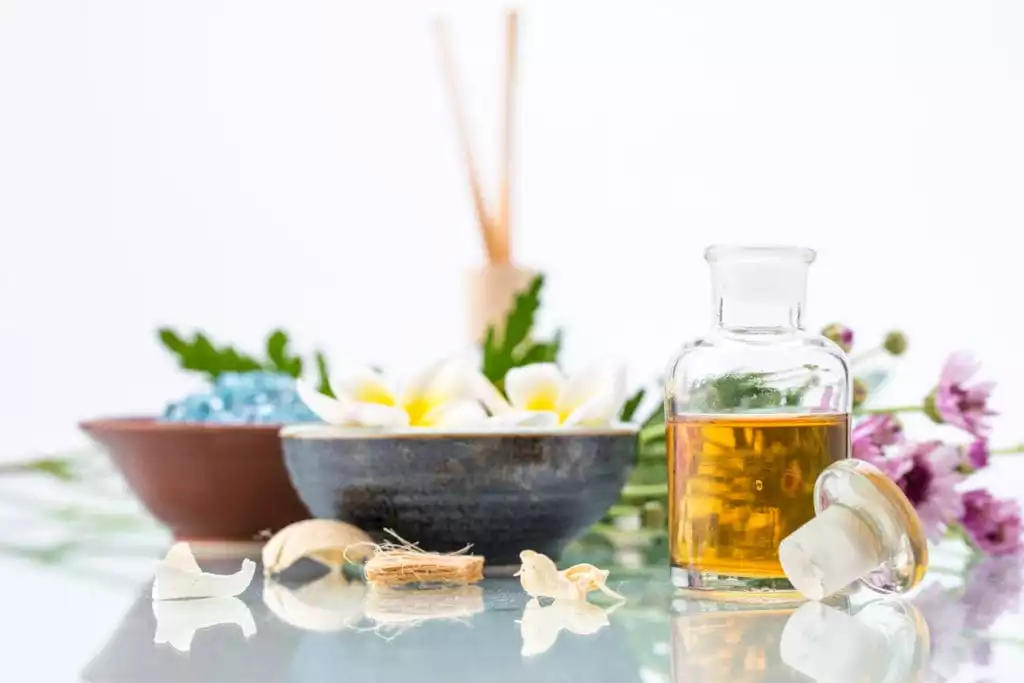
When the temperatures start to turn and your kids are stuck in a classroom with their restless fellow students, viruses can flourish.
There are numerous ways to counteract these seasonal viruses, but you may not be aware of the immune-boosting potential of essential oils. While these were once associated wholly with the alternative medicine community (some of whose practices may be considered pseudoscience), studies are continually emerging in the mainstream medical field which confirm the validity of the oils’ purported benefits.
These benefits range from the medicinal to the emotional. They promote a sense of well-being and targeting specific physiological and psychological needs. In fact, many psychiatric offices, hospitals, nursing homes and other medical facilities have gone the way of the day spa by introducing essential oil diffusers to their spaces.
Have you ever entered a waiting room and felt immediately at ease by the tranquil atmosphere? Chances are, they are utilizing essential oils. Sometimes the aroma is immediately apparent, but in smaller concentrations it can be very subtle. Just a couple drops can be enough to produce the desired effect.
So how can you incorporate these into your daily school routine? Here are some suggestions:
1. Aromatic diffusion and topical application to promote immunity
Adding the oils to an aromatic diffuser allows for safe absorption through the lungs, and helps to purify the air in your home when you use oils with antimicrobial properties. Examples of oils clinically proven to inhibit multiple strains of bacteria and fungi include peppermint, eucalyptus, geranium, lemongrass, orange and patchouli.
You can also apply these topically, though I would recommend diluting them first with a carrier oil. Carrier oils include joboba or sweet almond since direct application of these concentrated botanical essences can irritate sensitive skin.
The most effective site for topical application is on the bottoms of the feet, which are not only less prone to irritation but also allow for maximum absorption due to being both the most porous place on the body and due to the lack of sebaceous glands (which produce oily, protective sebum). You can also add a couple of drops to your body lotion and make a rub; for this, unscented lotion is ideal.
2. Aromatic diffusion to enhance concentration and cognitive function
Do you have difficulty getting your kids to focus on their homework? Creating good study habits can be a challenge at any time of year.
Certain essential oils have demonstrated the ability to increase mental clarity and improve focus and memory, including lemon, rosemary, ginger, sage and vetiver. Vetiver has also been used to improve ADHD symptoms, while peppermint has been proven to fight burnout and exhaustion.
Along with rosemary, sage and eucalyptus, peppermint contains a compound known as “eucalyptol” (“1,8-cineole,” chemically). Research has shown it to improve memory and performance on cognitive tasks. Place these oils in a diffuser in the room where your kids study and see the results for yourself!
3. Topical application to boost self-confidence and counteract stress and anxiety
As parents, we might feel relieved when it’s time to send our kids back to school. For some kids, though, this can be a stressful time of the year. Anxieties can crop up over starting at a new school, facing new teachers, taking on challenging classes, or making new friends.
To gently counteract such stressors, many are turning to natural solutions such as essential oils and finding success. When on the go, topical application is an efficacious alternative to essential oil diffusion: either apply directly to the bottoms of feet, in a carrier oil and rub on like lotion, or dab on the inner wrists. These methods can fortify your kids and provide a safe boost to their self esteem.
The inner wrist method is easy to reapply throughout the day as needed. This allows for an easy way of inhaling the grounding aromas. Oils renowned for their stress-relieving, anti-anxiety benefits include lavender, ylang ylang, chamomile, frankincense, blue cypress, and cedarwood. Additionally, cedarwood (along with clary sage, thyme and sandalwood) helps to regulate hormonal imbalances. This is beneficial to both pre- and post-pubescents.
Oils like tea tree, lavender, clary sage and juniper berry can also be used topically as part of a proven acne-fighting skin care routine when blended into a cleanser or diluted as a facial toner, perfect for self-conscious teens.
4. Promote more restful sleep with a lavender essential oils pillow spray
By spritzing lavender oil on your kids’ pillows before bed, you can induce an atmosphere that is more receptive to drowsiness and help regulate their sleep cycles again.
Lavender mists in convenient spray bottle applicators can be purchased in ready-made formulations. You can also make your own by simply diluting about 10 drops of lavender oil per 3 ounces (6 tablespoons) of water—ideally distilled, not tap—in a spray bottle, along with 1 oz (2 tbsp) of witch hazel or vodka.
You can customize it by adding sandalwood and/or ylang ylang for an even more potent blend. In a short time your kids’ brains will come to associate the scent with bedtime. Spritzing it will induce a response that sleep studies have indicated is more than pavlovian. The antibacterial properties of lavender have the added effect of sanitizing pillow covers in between washes, helping to keep germs (and acne!) at bay.
Your daily school routine doesn’t have to be a losing battle against contagion, distraction and self-consciousness. This year, improve your routine with the potent and proven effects of essential oils. If you haven’t discovered their benefits already, you’ll probably be surprised by what you’ve been missing!
This article is by Robert T. Leark, owner and pharmacist at Burt’s Pharmacy.

 info@burtsrx.com
info@burtsrx.com

